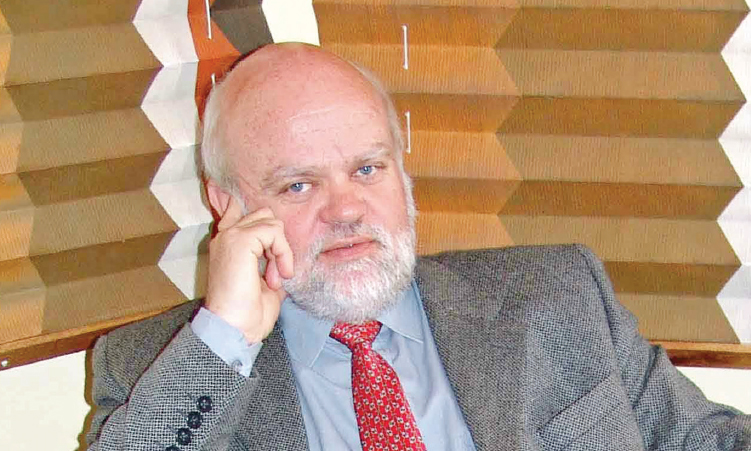Business jargon, also known as corporate speak, are words and phrases regarded as slang, which are okay for verbal communication but too informal to use in written communication.
Such slang often becomes popular, to an extent that it even becomes like a second language to those in business.
Examples include: first in first out – abbreviated as Fifo, reach out, in the loop, let’s be honest, give 110%, no big deal, off topic, core competency, point of contact, low-hanging fruit, ‘bomorrow’ – a combination of business and tomorrow, and bring to the table.
Other examples include key takeaways, B2B – meaning business to business, and B2C – denoting business to consumer, a silver bullet, game changer, drill down, moving the needle, circle back, one-pager, reinventing the wheel, touch base, hit the ground running, do more with less, bang for buck, elephant in the room and double dipping.
Depending on the context in which it is used, ‘double dipping’ has different meanings. In a financial context, it refers to the practice of receiving two incomes from the same source.
For example, receiving a salary and a consultancy fee or commission. Or being paid a travel allowance yet the firm’s vehicle is used for personal travel purposes.
From a legal perspective, it is the illicit practice of accepting income from two mutually exclusive sources, such as a government salary and deriving a consultancy fee from an enterprise, for doing the same job.
Some say the prescribed fee entrepreneurs pay to register a business and the fee a local authority levies to issue a fitness certificate is tantamount to double dipping.
Suggesting that so too is the compliance fee an enterprise is obliged to pay annually to public sector institutions.
Examples proponents use is the fee rendered to the Business and Intellectual Property Authority (Bipa) and a municipality of the town where the business operates.
Supporting their double dipping allegations proponents agitating for the scrapping thereof cite two reasons.
The first is that Bipa is a government entity already fully funded by taxpayers through the government’s annual budgetary allocation and the town’s ratepayers fund the local authority.
The second is based on an analysis of cost versus benefit derived.
The claim is that the costs to Bipa and a municipality to collect far exceed the revenue generated from the fee.
To end this week’s column, allow me to introduce a game we old-timers engage in when attending consultative sessions, workshops or seminars that become tediously boring and the speakers repetitive.
Colloquially the game is known as bulls**t bingo.
Bingo is a popular game of chance with players matching numbers against those randomly drawn by the game’s host.
When the numbers called by the game’s host match those on the card, the first player shouting “bingo” is the winner.
The rules of bulls**t bingo are somewhat similar.
During the refreshment break, attendees playing the game agree on which slang words or phrases used repeatedly by presenters will be used ad nauseam.
Then the first player to detect the use of the identified slang three times shouts “bingo”.
Often this is done too loudly and to the consternation of others present.
This game really perks up one’s mood at a boring meeting where the line-up of presenters relish using business jargon.
- Danny Meyer is reachable at danny@smecompete.com
Stay informed with The Namibian – your source for credible journalism. Get in-depth reporting and opinions for
only N$85 a month. Invest in journalism, invest in democracy –
Subscribe Now!






